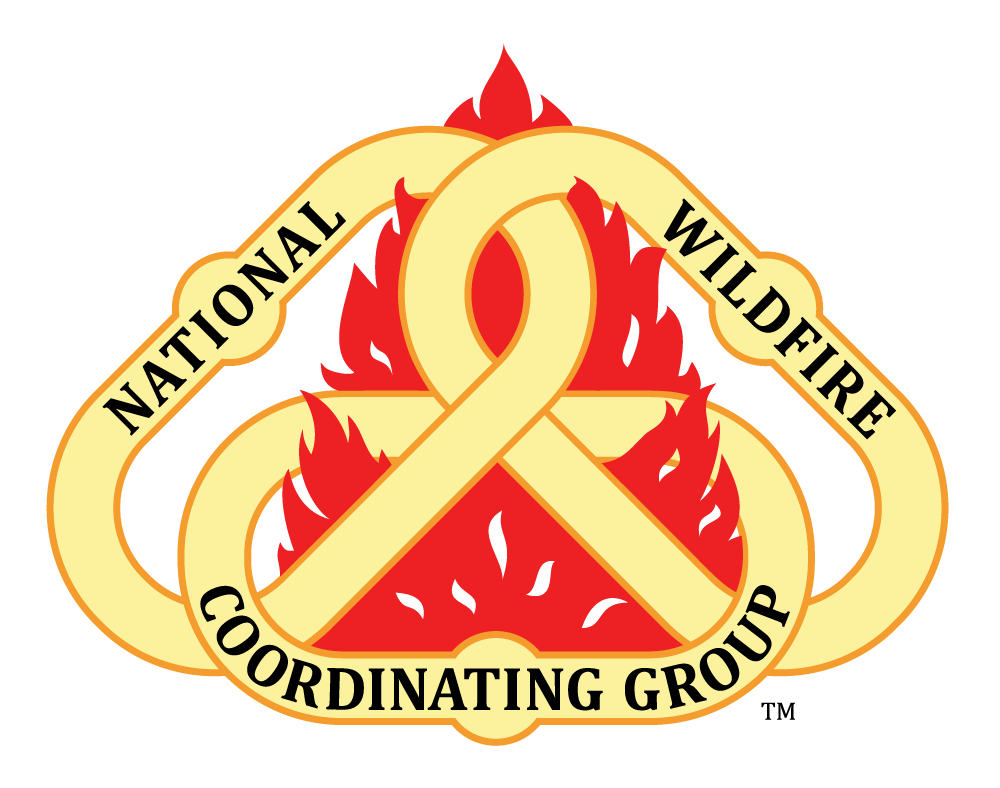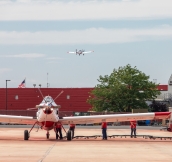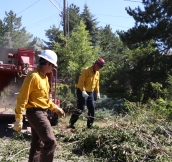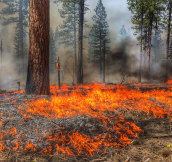FAL1 Incident Position Description
The Advanced Faller (FAL1) has multiple years of experience in chainsaw operations and has demonstrated proficiency in performing high complexity saw operations, including tree felling, bucking, brushing, and limbing. The FAL1 may work independently or supervise/direct other Intermediate (FAL2) and Beginner (FAL3) Fallers during fireline saw operations. The FAL1 may serve as a single resource or as a member of a firefighting crew or module. A FAL1 serving as a single resource reports to a Felling Boss (FELB)
firefighting crew or module. A FAL1 serving as a single resource reports to a Felling Boss (FELB), Strike Team/Task Force Leader (TFLD), or other assigned supervisor. The FAL1 works in the operations functional area.
Leadership Level 2, New Leader (Convey Intent)
- For additional information review Level 2 description, expected behaviors and knowledge, suggested development goals, and self-study opportunities.
Prepare
- Remain mentally and physically fit and able to determine when conditions have changed, affecting your fitness for duty status.
- Ensure individual and equipment readiness.
- Continually strive to improve, learn from others, and develop safe practices that reinforce good habits and decision making.
Mobilize
- Gather critical information pertinent to the assignment.
- Travel to and check in at the assignment. Notify incident supervisor and/or dispatch when arriving at the incident.
- Obtain initial briefing from supervisor.
Build the Team
- Participates in and/or directs the development and implementation of saw related objectives, priorities, and work assignments for saw team members.
- Participate in training and mentoring Basic (FAL3) and Intermediate (FAL2) Fallers in the classroom and field.
Perform Advanced Faller-Specific Duties
- Able to develop and safely execute a plan to resolve low to high complexity saw operations that may require unconventional techniques to meet an objective.
- Maintain certification and qualification by demonstrating proficiency of Advanced Faller knowledge and technical skill to a qualified Advanced Faller evaluator(s) per agency protocol.
- Display proficiency in recognizing the effects of specific tree anatomy which may influence the cut plan and defects contributing to failure. Teach less-experienced sawyers fundamental elements of tree anatomy.
- Demonstrate advanced knowledge of chainsaw components and proficiency in maintenance and repair.
Communicate and Coordinate
- Establish and maintain positive communication and coordination with saw teams, your crew, adjoining resources, and supervisors in the work area.
- Before engaging, receive a thorough briefing from the appropriate supervisor addressing all saw operation specifications and associated expectations.
- Participate in AARs and information sharing.
Manage Risk
- Apply the Risk Management Process as stated in the NWCG Incident Response Pocket Guide (IRPG) PMS 461.
- Apply Lookouts, Communications, Escape Routes, and Safety Zones (LCES) to all saw operations.
- Plan for and manage medical emergencies.
- Report all accidents, injuries, or near misses to supervisor
- Comply with all standards for chainsaw operations as defined in NWCG Standards for Wildland Fire Chainsaw Operations, PMS 212, and established agency standards for saw operating procedures.
- Establish and maintain work area control
- Develop and follow safe cutting area practices when using a swamper during saw operations.
- Develop a Job Hazard Analysis or Risk Management Assessment for a chain saw operation.
- Recognize changes in operational complexity and report pertinent changes to the appropriate supervisor.
Demobilize
- Ensure equipment is in good working condition for next assignment and resupply used or damaged equipment as necessary.
- Return equipment and supplies to appropriate units.
- Complete demobilization checkout process before being released from the incident.
- Upon demobilization, report status to the home unit including reassignment or estimated time of arrival (ETA) to the home unit.





